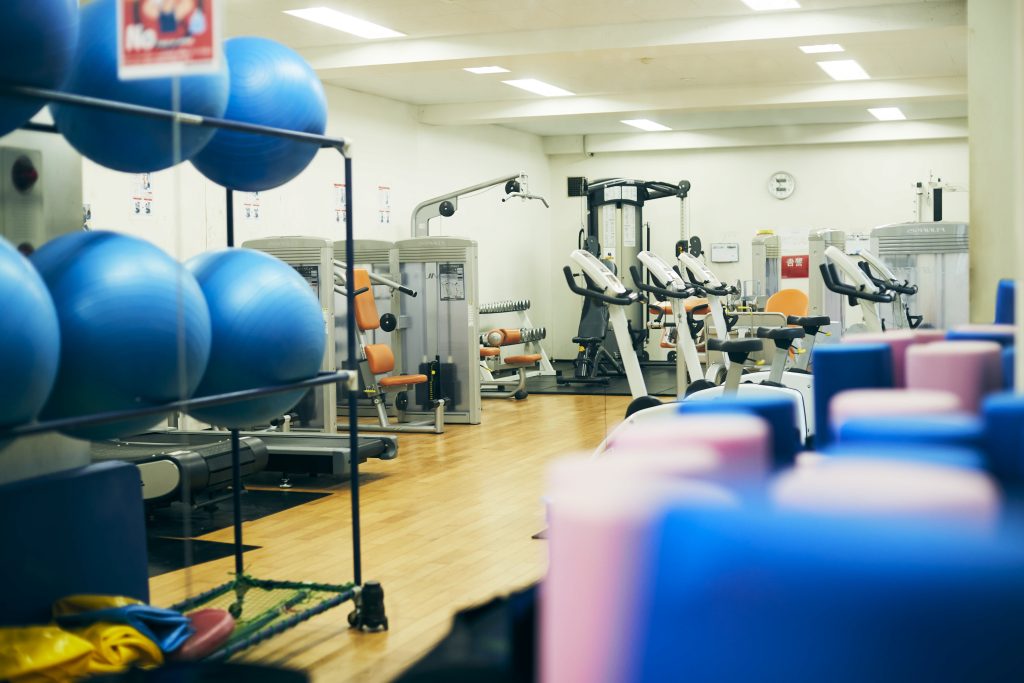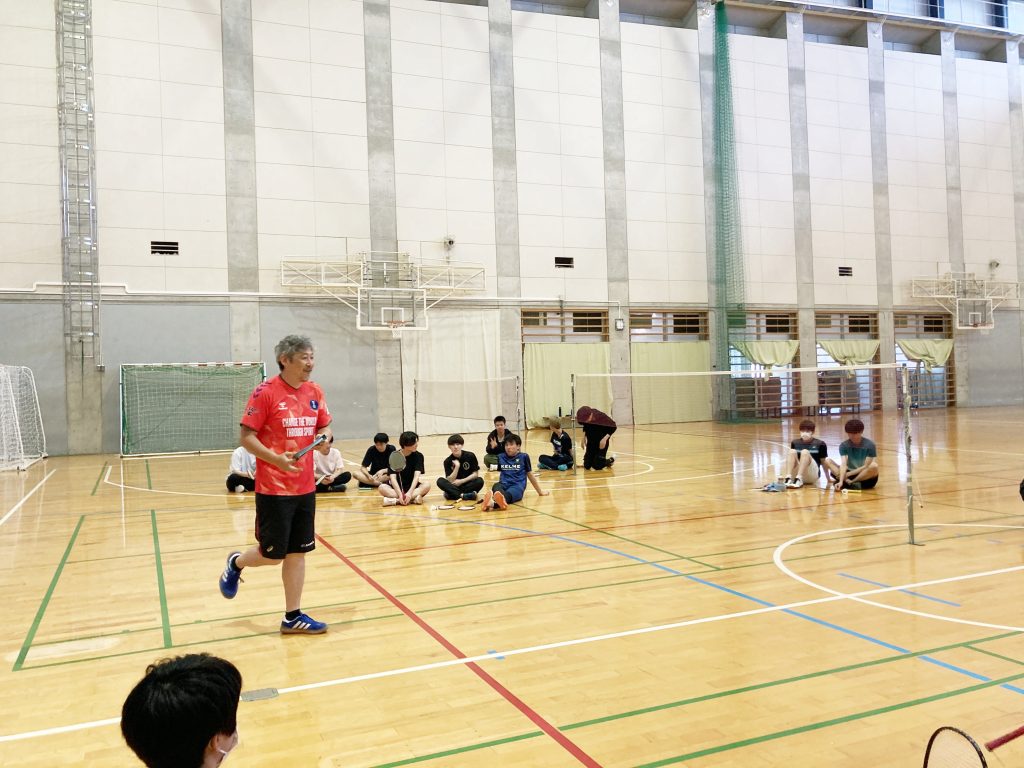As today’s world becomes increasingly diverse and complex, we are hearing more and more about the importance of liberal arts education. Some people mention liberal arts education as something that expands ethical thinking and understanding of different cultures. Others say it nurtures human resources possessing problem-solving skills and creativity. Still others mention its necessity as part of lifelong learning. Not waiting to see how this discussion will play out, the Tokyo University of Science established the Institute of Arts and Sciences in April 2021. It is the launching site for a new form of liberal arts education aimed at nurturing human resources capable of playing active roles in the coming society. To achieve the Tokyo University of Science’s goals for liberal arts education—which include developing “abilities of judgment and action to proactively tackle issues for which there are no correct answers” and “the ability to communicate with people who have diverse values”—the Institute of Arts and Sciences aims to help students acquire abilities that complement their outstanding expertise by providing education in which liberal arts and specialty fields are organically linked and take parallel tracks.

Professor Ichimura says, “I don’t want students to think that liberal arts education simply goes up to their fourth year and ends. Students in their late teens and early twenties develop at an incredible rate, and what they need differs slightly at each stage of their growth. The desire to respond firmly to those needs provides the concept behind ‘wedge-shaped liberal arts education’.” Wedge-shaped liberal arts education is characteristic in that it is divided into categories. The categories that can be taken from the second year onward contain more advanced content, as students are exposed to cutting-edge research conducted by faculty members of the Institute of Arts and Sciences. Professor Ichimura says, “We anticipate that something will happen when science and engineering students combine their majors with other areas of knowledge and thinking. Conversely, I think this approach gives students a broader scope within which to set their goals and program their learning,”

The Institute of Arts and Sciences regularly holds “Frontiers of Knowledge” seminars to expose students to a more diverse array of knowledge. The seminars invite experts from both inside and outside the university and are open to students as well as faculty members, and thus are opportunities for more freedom in learning. So far, seminars have been held on such topics as “Science, Technology, and Art” and “The Realities and Latest Developments of Translation.” Professor Ichimura says, “Even within TUS, students have available to them many opportunities for learning outside of the realms of science and engineering. With respect to this, I sometimes hear people say that students’ studies should include the liberal arts, as it is not good for them to concentrate solely on their majors. However, liberal arts education is not designed based on such thinking. The fact that there are no specific subjects that students are required to take proves this. I hope that each student will make use of liberal arts education to acquire the learning he or she needs.” TUS’s new liberal arts curriculum has only just begun. Nevertheless, Professor Ichimura’s forward-looking desire to make the power of science and engineering worthy of even greater social support comes through loud and clear.
■ Main research themes